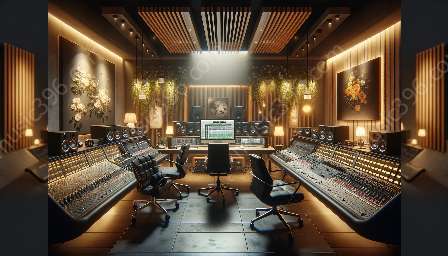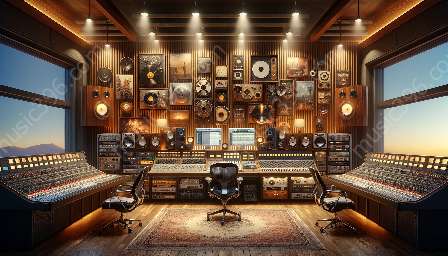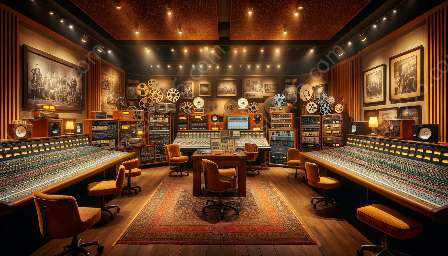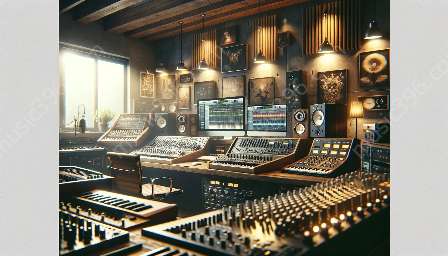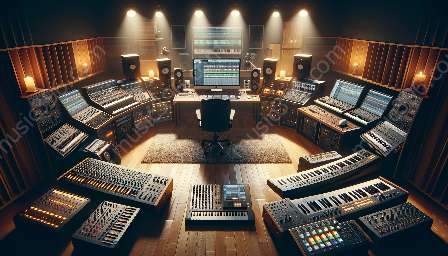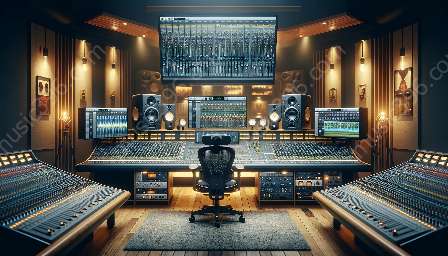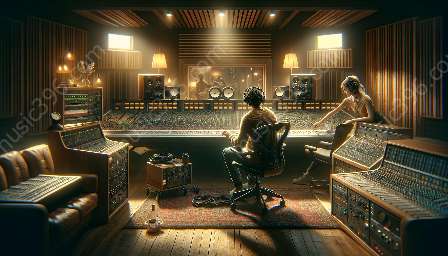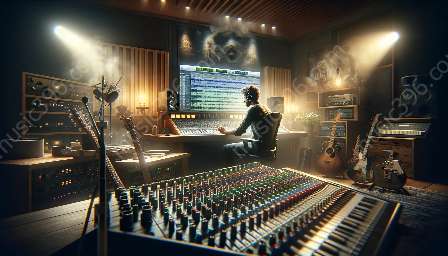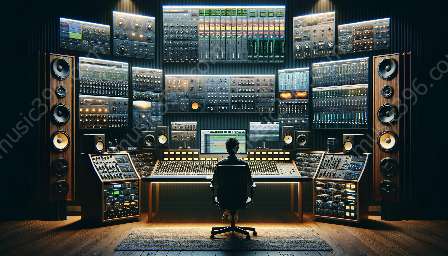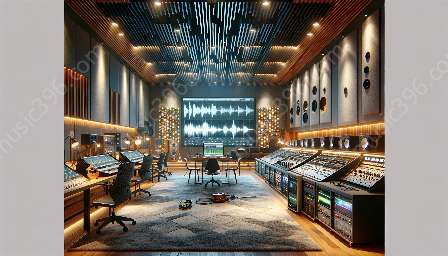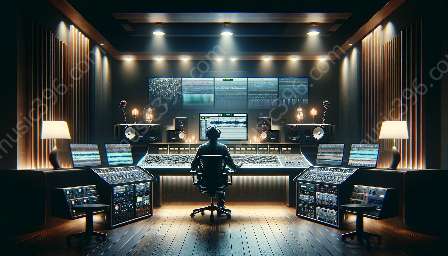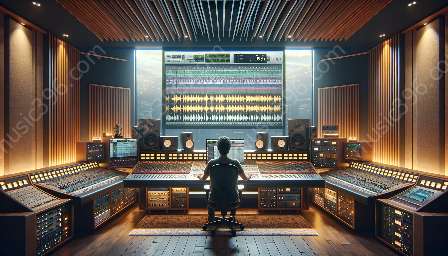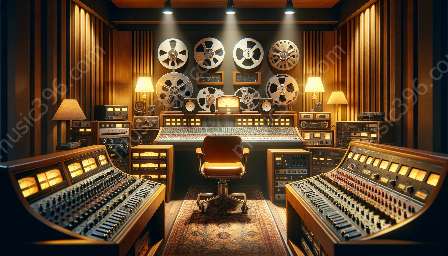Music recording has seen tremendous growth and evolution over the years, and with this progression, legal implications have become more complex. The issue of sampling and copyright in music recording has been a subject of heated debate and litigation in the music industry. In this article, we explore the history and evolution of music recording technology, the legal implications of sampling and copyright, and their impact on the music industry.
History and Evolution of Music Recording Technology
The history of music recording dates back to the late 19th century when Thomas Edison invented the phonograph, a device capable of recording and reproducing sound. This invention revolutionized the music industry, giving rise to the production and distribution of recorded music. Over the years, music recording technology has undergone significant advancements, from vinyl records to cassette tapes, CDs, and digital formats like MP3 and streaming services.
The evolution of music recording technology has not only transformed the way music is produced and consumed but has also posed new challenges in the realm of copyright and intellectual property rights.
Music Recording and Its Impact on the Industry
With the advent of modern recording techniques, the music industry has witnessed an exponential increase in the volume of recorded music. The ease of recording and distributing music has empowered artists and producers but has also led to copyright infringement issues, particularly in the case of sampling.
Sampling refers to the act of taking a portion of a sound recording and reusing it in a new composition. While it has become a common practice in music production, it has raised complex legal questions regarding copyright infringement and fair use.
Legal Implications of Sampling and Copyright
The use of samples in music recording is heavily regulated by copyright laws. In the United States, the Copyright Act grants copyright owners the exclusive right to reproduce, distribute, and perform their works. When a sample is used without permission from the original copyright owner, it constitutes copyright infringement.
Legal battles over sampling and copyright infringement have resulted in landmark cases, shaping the legal landscape of music recording. The case of Bridgeport Music, Inc. v. Dimension Films highlighted the issue of unauthorized sampling and its implications on the music industry. The court's ruling established stricter guidelines for sampling, emphasizing the need for clearance and licensing of samples from the original copyright holders.
Furthermore, the emergence of digital sampling technology has introduced new complexities, making it easier for artists to manipulate and reuse copyrighted material. As a result, copyright holders have become more vigilant in protecting their intellectual property rights, leading to an increase in litigation related to sampling and unauthorized use of copyrighted material.
Conclusion
The legal implications of sampling and copyright in music recording have significantly impacted the music industry, influencing the creative process and the way artists and producers approach music production. Understanding the intricate web of copyright laws and regulations is crucial for navigating the complex landscape of music recording.
As music recording technology continues to evolve, it is imperative for all stakeholders in the music industry to stay informed about the legal implications of sampling and copyright, ensuring that artistic expression is balanced with the protection of intellectual property rights.



